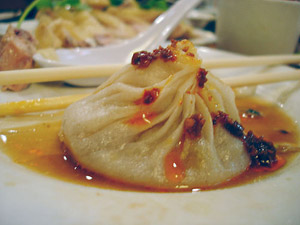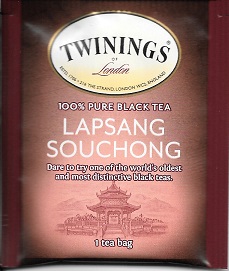
Image obtained from china.org.cn
In most Chinese restaurants outside of Mainland China, you can acquire anything from Singapore noodles to northern-style meat buns. But in China, cuisine is often determined by locale, with stores and restaurants toting specific ingredients from specific regions. There is actually a phrase used to explain the general principles of Chinese cuisine.
南甜,北咸 ,东酸,西辣
Nan2 tian2, Bei3 xian2, Dong1 suan1, Xi1 la4,
The South is sweet, the North is salty, the East is sour, and the West is spicy.
A good way to remember this is by remembering specific provinces. For instance, Sichuan food, known for its extreme spiciness, is located in mid-western China, just east of Tibet. Much of Sichuan food entails an assortment of peppers and peanut sauces meant to bring both joy and tears from their spiciness. In fact, there is a soup known as 麻辣烫 (Ma2 La4 Tang4), that translates to simply “numbing spicy soup,” which uses a significant amount of Sichuan pepper and chili oil. On the other hand, in the southern provinces like Guangdong, fruits including mandarins and tangerines are often used for flavoring dishes, giving is a sweetened flavor.
Another important difference in local cuisine is whether the staple food is rice or noodles. Most outsiders associate rice and tea as traditional Chinese cuisine; however, in northern and parts of western China, noodles are often served as a side instead of rice. These can also be flavored with local condiments, and the style eaten (thick vs. thin noodles, for instance) is up to personal taste.
If you are ever visiting China, be sure to take note of which region a restaurant caters to, for a menu featuring Sichuan cuisine will certainly be different than one featuring specialties from Beijing. And unlike Western Chinese restaurants, they may not have options from other localities to choose from.
